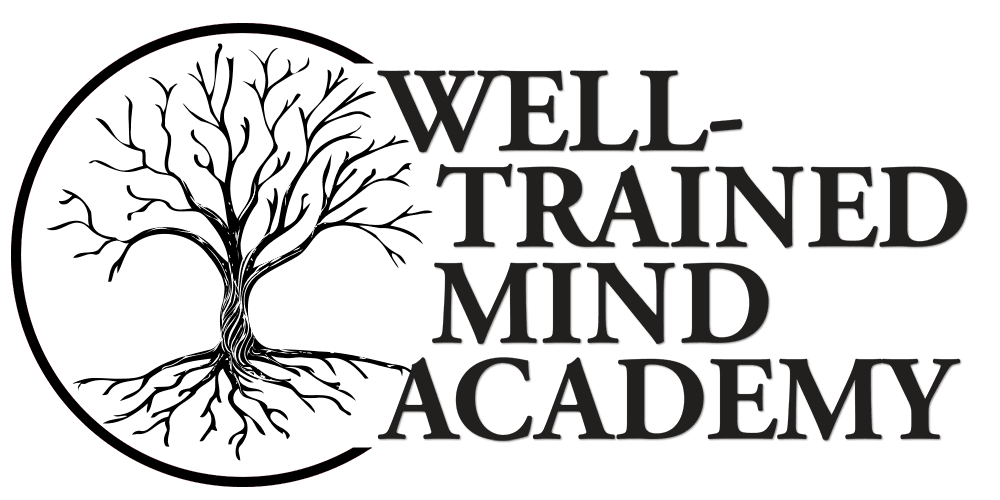Japanese III
Full-year course. Japanese III builds on the foundation established in Japanese II, expanding on previously-learned material while introducing a variety of new, essential strategies for communication. Students will use skills in the following areas and build global competency skills for future careers and experience based on the World-readiness Standards for Learning Languages from the ACTFL: Communication, Cultures, Connections, Comparisons, and Communities.
Students will continue to develop basic competencies in the four modalities of language learning: listening, speaking, reading, and writing. At the conclusion of the course, students will be able to use Japanese to navigate everyday situations such as driving, dining at restaurants, and celebrating holidays, as well as to provide detail about themselves, their likes and dislikes, and their feelings in both polite and casual conversational styles (speaking); to write about their lives in diary/blog post style using an appropriate mix of hiragana, katakana, and 103 common kanji characters (writing); to recognize, understand, and respond to everyday conversational expressions in both polite and casual speech (listening); and to comprehend most of the information conveyed in mid-length texts written for learners and brief authentic texts, such as personal emails and restaurant menus (reading).
We recommend that students enrolling in Japanese be comfortable with the topics covered in Grammar III. Grammar instruction is not a pre- or co-requisite, however we have found that students are more successful learning a new language when they have a strong understanding of grammar rules. Use the placement tests found in our grammar course descriptions to find the appropriate grammar course for your student.
Prerequisite: Japanese II; Japanese III Placement Test
Japanese III Information
- Example Syllabus
- Class meets three times per week for 50-55 minutes.
- Class cap: 15 students.
- Designed for grades 9-12.
- Students may be awarded 1 World Languages credit upon completion of this course.
- Taught by Clare Kappenman
